“Nurses clean buttocks only. Need to study anything one meh?”
“Nursing clean buttocks only, need to study anything one meh?”This is the question that pisses me off the most because…
Posted by Charlene Teo on Sunday, November 15, 2015
If you think being a nurse simply means cleaning derrieres, giving medication to sick people and doing routine vital body checks, you may want to think again.
1. Nurses study the hardcore medical subjects too
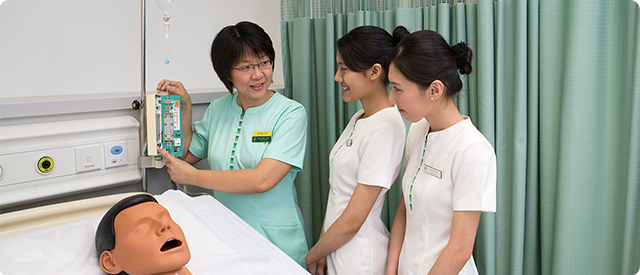 Photo Source: Singapore General Hospital
Photo Source: Singapore General Hospital
A check in the Nursing Diploma Programmes show modules such as Anatomy, Physiology, Pathophysiology and Immunology. Some of the modules nurses study are also part of what doctors need to study. Why? Because nurses need to anticipate any complications, explain to the patient the rationale beyond their sickness to help allay whatever fears.
For example, they study Pharmacology even though they do not prescribe the medications. They have to memorise drug names, mechanism of actions, drug-to-drug interactions and the adverse effects, to be certain that you will not have any allergic or adverse reaction. On days when you refuse to eat your medications, they patiently coax you and tell you why you must.
2. They are the important link between patient and doctor
Nurses are the bridge between you and your doctor. They are the ones who will spend more time with you, they could be the first to spot beginning signs of complications. Because dealing with fear, pain and loss, is part of their daily routine, they know what it’s like to be in such a state. They are the ones who will hold your hand before entering the operation theatre, to assure you that everything is going to be okay.
3. Nurses clean up after you when no one else will
Each one of us will need their care at one point or another in our lives. With an ageing population with rising cases of chronic and more complex conditions, nurses’ role will continue to grow. When that day comes, it may be a little too late to start appreciating them.
4. Nurses wear multiple hats
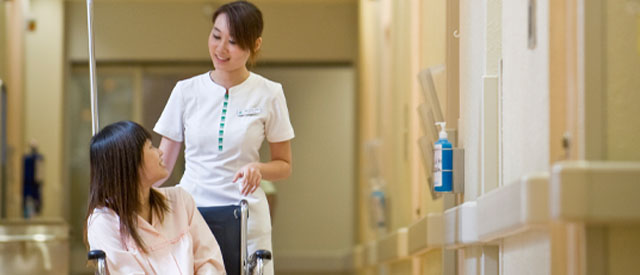 Photo source: Singapore General Hospital
Photo source: Singapore General Hospital
How do you teach someone to feed themselves when they have lost the function to swallow? How do you bathe yourself when you can’t use both your arms? Besides caring for others, they are also educators, advocates, cheerleaders and counsellors.
They show you how to care for your terminally ill father with dignity and respect. They acknowledge your fears, frustration and worries when your beloved grandmother is not responding to the medication. They assure you that with proper rehabilitation, your child, will recover from his bad fall and be able to go outdoors to play again.
5. Nurses work shifts that start and end during odd hours
Nurses work around the clock, even on night shifts that can start in the evening and end when the sun rises. Nursing undergrads spend half of their university holidays in hospitals, putting what they have learnt in class to practice. On top of that, they hone their E.Q skills and learn what’s the best and most empathetic way to communicate with their patients, their relatives and how to work hand-in-hand with fellow healthcare colleagues.
6. Nurses are often belittled and undervalued
Nursing is more than just a job. It is a calling which requires a caring heart and a passion from deep within. It is a…
Posted by Healthcare Services Employees’ Union (HSEU) on Tuesday, November 17, 2015
The Healthcare Services Employees Union (HSEU) acknowledges that besides ‘being a profession that requires constant and continuous learning to keep up with the advances in clinical care’, it is a vocation not for the faint-hearted – it requires a ‘caring heart’ and ‘a passion from deep within’. On top of all the textbook knowledge, nurses need the resilience to support patients emotionally; encouraging, counselling and supporting them in their recovery.
Although it can be stressful seeing your child or loved ones in the hospital, nurses like yourself, have their own families waiting for them to go home. They too have their ups and downs. A patient’s death, mistakes, uncalled harsh remarks and baseless judgements will decrease their morale. On the other hand, a simple expression of thanks, a pat on the back, whether from the patients themselves or family members – all these gestures make great morale boosters.
The next time you happen to be at the hospital, don’t forget to thank these angels in white.
Know of someone who is a nurse? Share this with them and show your appreciation today!
If you liked this story, show some love by liking and sharing it at the bottom of the post.




































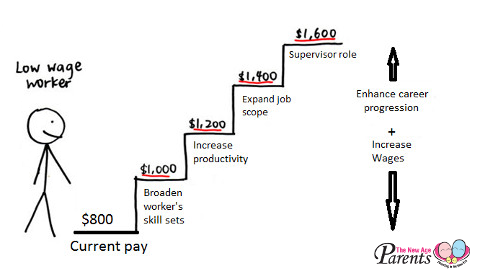
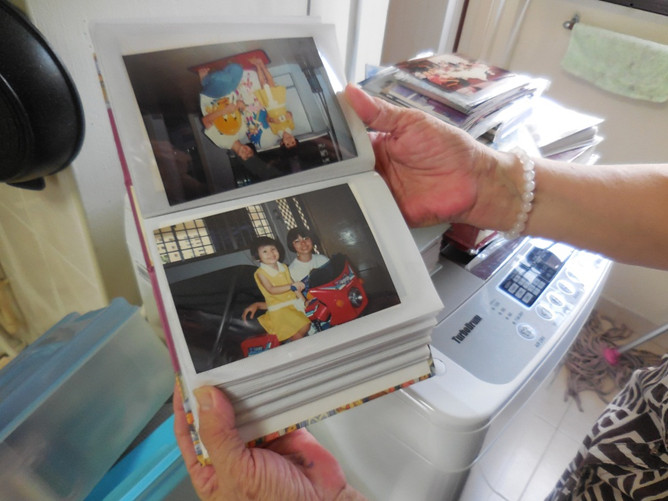







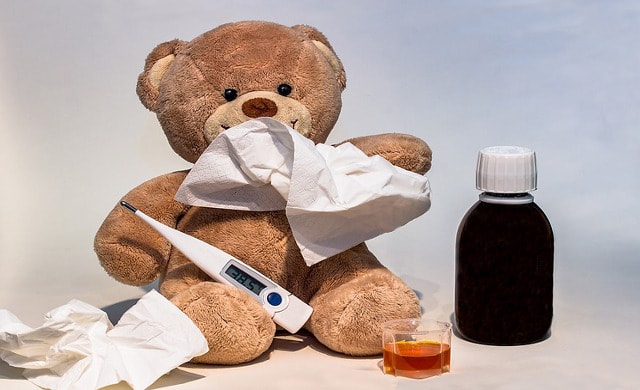











Leave a Comment: